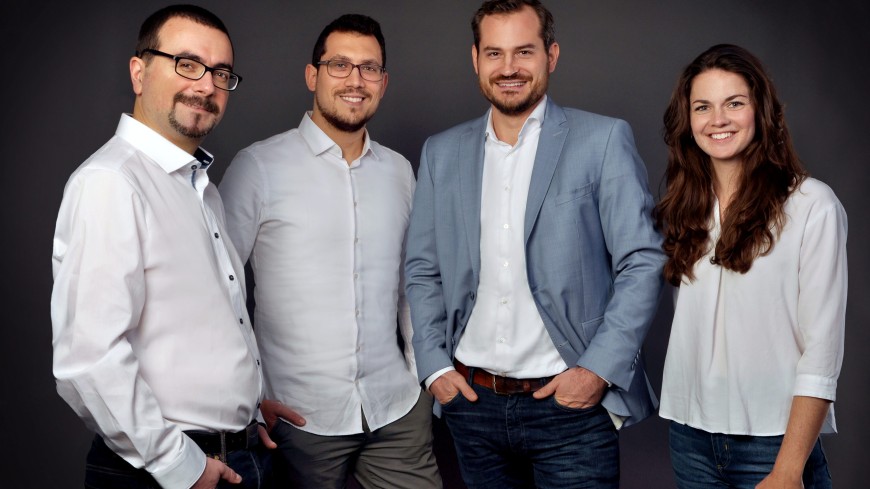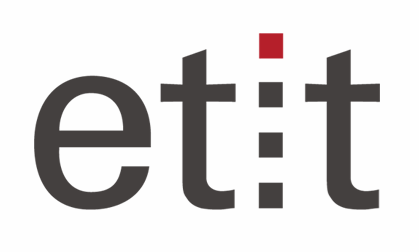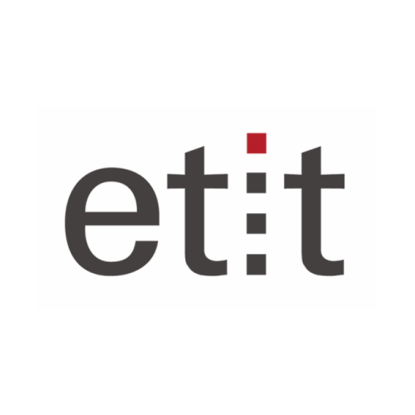Digital energy management saves money and CO2
Software solution for intelligent energy saving
2023/12/15 by Anja Störiko / sas
The AI-supported software solution from the start-up I3DEnergy enables optimised energy management that identifies weak points and reveals potential savings. In addition to the managing director and physicist Christopher Ripp, the founding members are two students of Electrical Engineering and Information Technology and one student of Energy Science Engineering.

Saving energy is becoming increasingly important for companies and local authorities. However, according to a recent market study by the Federal Office of Economics and Export Control (Bafa), 69 per cent of all companies and 80 per cent of all local authorities in Germany do not have a special energy management system. However, interest is growing as presentable data on sustainability and CO2 emissions is becoming increasingly important and is being demanded more and more, for example as part of the EU Green Deal.
Digital meters and their networking facilitate an overview and enable optimised energy management that reveals weak points and identifies potential savings. The start-up I3DEnergy has developed suitable software for this. I3DEnergy stands for “intuitive, interactive, innovative and digital”.
Interdisciplinary research as a starting point
The roots of the start-up lie in an interdisciplinary research project at TUDa's Lichtwiese campus. As part of this project, the etit Lab of Energy Information Networks and Systems, headed by Professor Florian Steinke, developed a “digital twin” of the energy system – a computer model of all local energy suppliers and consumers. 1.4 million euros in federal research funding was provided for this.
More than two hundred digital electricity and heat meters had to be installed at the Lichtwiese campus. However, suitable energy management software to store and visualise the data was not available. “Then we'll just develop it ourselves,” decided Ripp. The physicist was supported by the research team and some students.
Together, they programmed completely new software for the entire communication of all measuring points. Until then, reading and analysing was purely manual work. Data that previously had to be painstakingly collected over two days was now available within a few minutes.
Simple, intuitive and efficient
The new system is simple, intuitive and provides clear data at a glance. It also uses the collected consumption data and an AI model to calculate the energy requirements for the next few days and determines the optimal use of in-house generation and existing energy storage for electricity purchasing in order to optimise the entire energy supply in a cost-effective and CO2-efficient manner.
At the Lichtwiese campus, CO2 emissions fell by twelve per cent with the help of the developed energy management platform – simply by adjusting the energy supply. What's more, the easily accessible data processing saved tens of thousands of euros in energy costs “on the side”. In addition, the administrative costs for energy management were reduced by 90 per cent.
I3DEnergy GmbH
I3DEnergy GmbH was founded in June this year by Managing Director and physicist Christopher Ripp together with two students of electrical engineering and information technology, Imed Tayeche, web developer and data analyst, and Richard Säuberlich, responsible for IT infrastructure and security. The team is completed by Rachel Maier, who studied Energy Science and Engineering and is responsible for optimising the energy systems.
Always up-to-date with exciting news from the etit campus: Follow us on Instagram!
Recommended external content
We have selected external content from Instagram for you and would like to show it to you right here. To do this, you must reveal it with one click. You can hide the external content at any time with another click.
I agree to external content from X being shown to me. This may result in personal data being transmitted to third-party platforms. You can find more information in our Privacy Policy.



